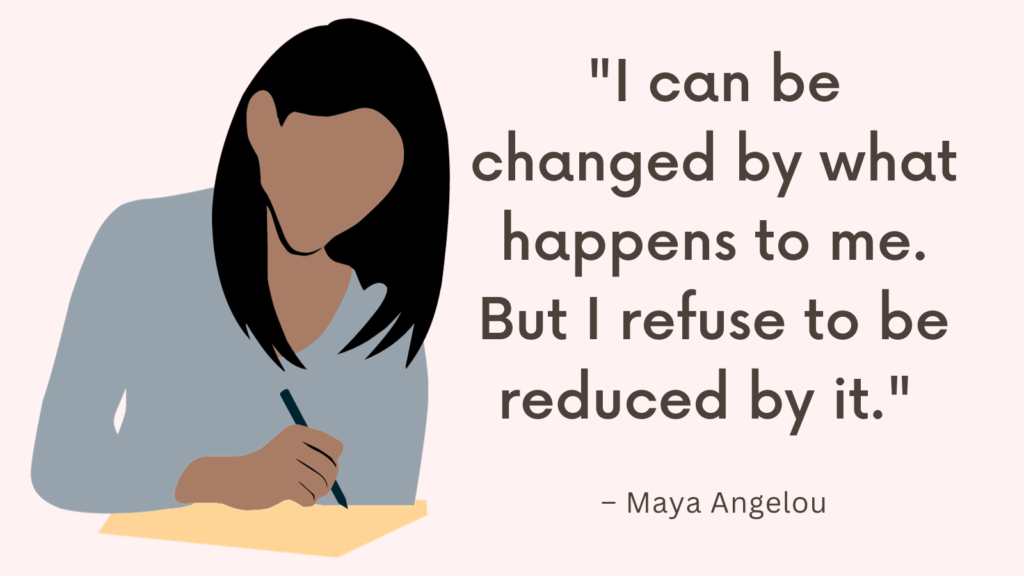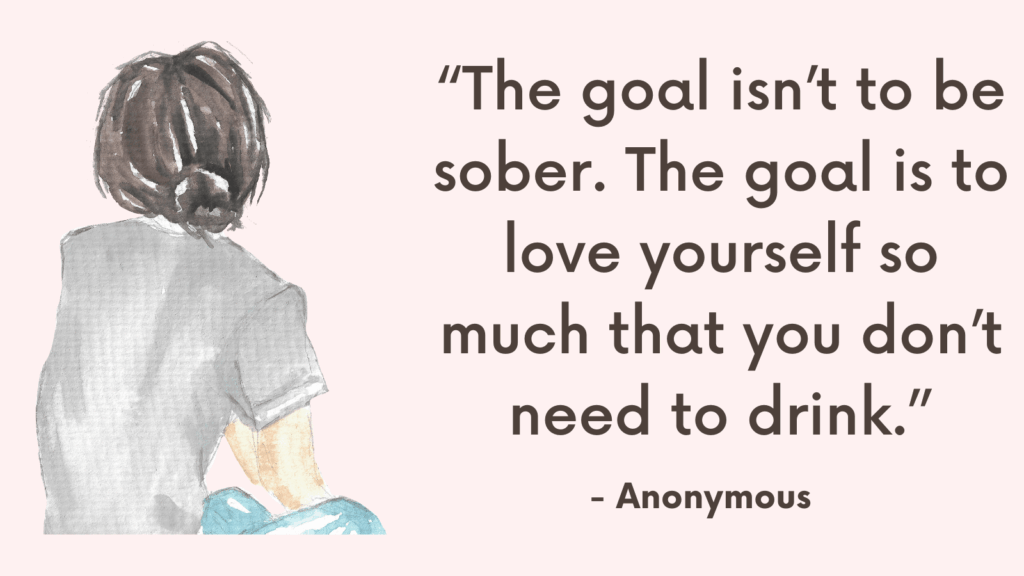This post, explains all about sobriety fatigue and how long sobriety fatigue lasts.
What Is Sobriety Fatigue?
Sobriety fatigue refers to a cluster of physical and psychological symptoms that occur after substance use cessation.
Sobriety fatigue typically occurs during the first few months of recovery.
Symptoms of Sobriety Fatigue
1. Physical Symptoms
– Fatigue: Individuals may experience persistent feelings of tiredness and lack of energy.
– Sleep Disturbances: Changes in sleep patterns, such as insomnia or excessive sleeping, can occur.
– Physical discomfort: Generalized body aches, muscle tension, headaches, or gastrointestinal disturbances may arise.
– Reduced immune function: During early recovery, the body may take time to restore its immune system, making individuals more susceptible to illness.
2. Emotional and Psychological Symptoms
– Irritability: Individuals may feel easily annoyed or frustrated, even over minor issues.
– Mood swings: Unpredictable changes in emotions can be common, including periods of sadness, anxiety, or anger.
– Difficulty concentrating: Problems with focus, memory, and decision-making processes can arise.
– Cravings: Intense urges or cravings for the substance that was previously used can persist.
Related: What Is Emotional Sobriety and How to Achieve It? (+FREE Worksheets)
How Long Does Sobriety Fatigue Last?
The duration of sobriety fatigue varies from individual to individual.
While some people may experience it for a few weeks, others may struggle with it for several months.
However, it is important to note that these symptoms typically subside over time as the body and mind adjust to life without substances.
Factors Affecting Sobriety Fatigue Duration
Various factors can influence the intensity and duration of sobriety fatigue, including:
– Substance type and duration of use: Different substances can affect the body and brain differently, leading to varying withdrawal experiences.
– Severity of addiction: Individuals who had severe or long-lasting substance abuse patterns may experience more pronounced and prolonged fatigue.
– Underlying mental health conditions: Co-occurring mental health disorders, such as depression or anxiety, can contribute to the duration and intensity of sobriety fatigue.
– Overall physical health: Individuals who have compromised physical health or pre-existing medical conditions may experience additional challenges during the recovery process.
Related: How to Enjoy Being Sober? (+FREE Worksheets)
How to Cope with Sobriety Fatigue?
While sobriety fatigue can be challenging, there are numerous coping strategies that can help individuals manage symptoms and support their recovery journey:
1. Maintain a Healthy Lifestyle
Focus on adopting a balanced lifestyle that includes regular exercise, nutritious meals, adequate sleep, and stress-reducing activities.
Prioritize self-care practices that promote physical and emotional well-being.
2. Build a Supportive Network
Surround yourself with a supportive network of friends, family, and/or support groups who understand your journey and can offer encouragement.
Sharing experiences and emotions with others who have gone through similar challenges can be immensely helpful.
3. Practice Stress Management
Develop effective stress management techniques, such as deep breathing exercises, mindfulness meditation, or engaging in hobbies that bring joy and relaxation.
Stress can exacerbate symptoms of sobriety fatigue, so finding healthy outlets for stress is crucial.
Related: Best 8 Mindfulness Exercises For Adults That Will Help You Regulate Your Emotions
4. Attend Support Meetings
Consider participating in support meetings, such as 12-step programs or other recovery-oriented groups.
These meetings provide a safe space to share experiences, gain insights, and connect with peers who can empathize with your journey.
5. Engage in Therapy
Individual or group therapy can provide valuable tools and support in addressing underlying issues related to addiction and mental health, increasing coping skills, and developing healthier ways of managing emotions.
6. Set Realistic Goals
Set small, achievable goals for yourself that align with your recovery journey.
Celebrate each milestone, no matter how small, as it reinforces your progress and boosts motivation.
7. Practice Patience and Self-Compassion
Understand that recovery is a process that takes time.
Be patient with yourself and practice self-compassion.
Acknowledge your achievements and be kind to yourself during moments of difficulty.
Related: Best 18 Self Compassion Journal Prompts (+FREE Worksheets)
Post-Acute Withdrawal Syndrome
Post-Acute Withdrawal Syndrome (PAWS) is a condition that can occur after the acute withdrawal phase of substance use.
It refers to a set of persistent and prolonged withdrawal symptoms that can last for weeks, months, or even years after stopping drug or alcohol use.
PAWS typically occurs as a result of the brain and body adjusting to functioning without the presence of substances.
It may affect individuals who have been using substances regularly and heavily for an extended period.
The exact duration and severity of PAWS can vary depending on various factors such as the substance used, the length of addiction, and individual factors.
Common symptoms of PAWS include mood swings, anxiety, irritability, fatigue, sleep disturbances, difficulty concentrating, memory problems, and decreased interest in activities.
These symptoms can be distressing and impact various areas of life, including work, relationships, and overall well-being.
Sobriety fatigue vs Post-Acute Withdrawal Syndrome
Sobriety fatigue refers to a general sense of tiredness, low motivation, and emotional exhaustion that can occur during the early stages of sobriety.
On the other hand, PAWS is a more specific condition that can occur after the acute withdrawal phase from substance use. PAWS refers to a set of protracted withdrawal symptoms that persist for weeks or months after the initial detoxification period.
While both sobriety fatigue and PAWS can have overlapping symptoms, PAWS tends to be more prolonged and persistent.
Sobriety fatigue is often experienced in the early stages of recovery and tends to improve over time as the body and mind adjust to sobriety.
Related: What Is Emotional Addiction & How to Overcome It
Conclusion
Sobriety fatigue is a common experience in the early stages of recovery, but its duration varies from person to person.
By adopting coping strategies such as maintaining a healthy lifestyle, building a support network, practicing stress management, attending support meetings, engaging in therapy, setting realistic goals, and practicing patience and self-compassion, individuals can successfully navigate this phase and move towards long-lasting recovery.
Remember, seeking professional help from addiction specialists or therapists can provide tailored support and guidance based on individual needs.

FAQ
Is it possible for sobriety fatigue to reoccur after a period of improvement?
It is possible for sobriety fatigue to reoccur after a period of improvement.
Recovery from substance use disorder is a complex process, and individuals may experience ups and downs along the way.
Relapse, including a recurrence of sobriety fatigue, can happen due to various factors such as stress, unresolved psychological issues, lack of coping mechanisms, or exposure to triggers associated with substance use.
When is it appropriate to seek professional help for sobriety fatigue?
It is generally recommended to reach out to a mental health professional if you are experiencing persistent and disruptive symptoms that significantly impact your daily functioning and well-being.
Some signs that it may be appropriate to seek professional help include:
1. Your sobriety fatigue symptoms do not improve over time or become increasingly severe.
2. You find it challenging to cope with the emotional and physical symptoms of sobriety fatigue on your own.
3. Your relationships, work, or school performance is negatively affected by sobriety fatigue.
4. You experience intense cravings or thoughts of relapse in response to sobriety fatigue.
5. You have a history of co-occurring mental health conditions that may complicate your recovery.
A mental health professional, such as a psychologist or addiction counselor, can provide support, guidance, and evidence-based interventions tailored to your specific needs.
They can help you explore coping strategies, address any underlying issues contributing to sobriety fatigue, and develop a personalized plan to navigate your recovery journey.
Remember, seeking help is a sign of strength, and professionals are there to assist you in overcoming obstacles and achieving lasting sobriety.
Related: How to Help an Addict without Enabling?



